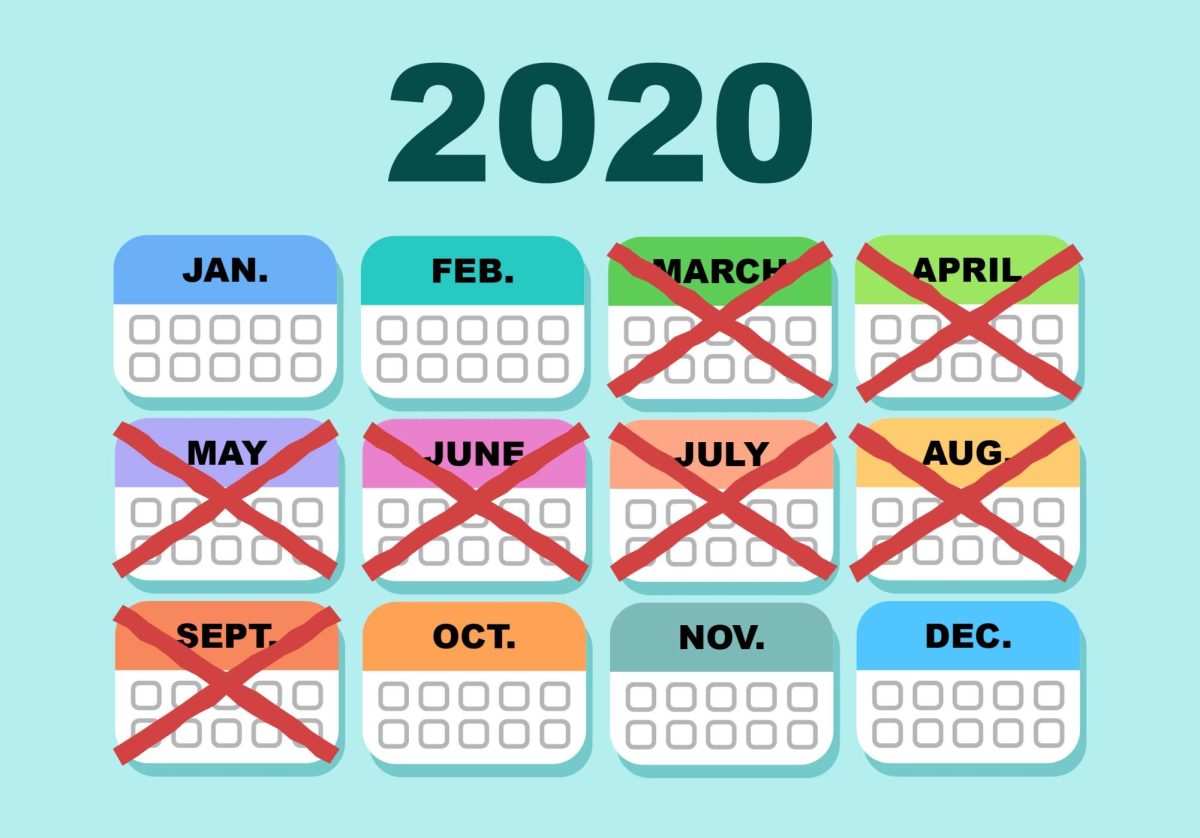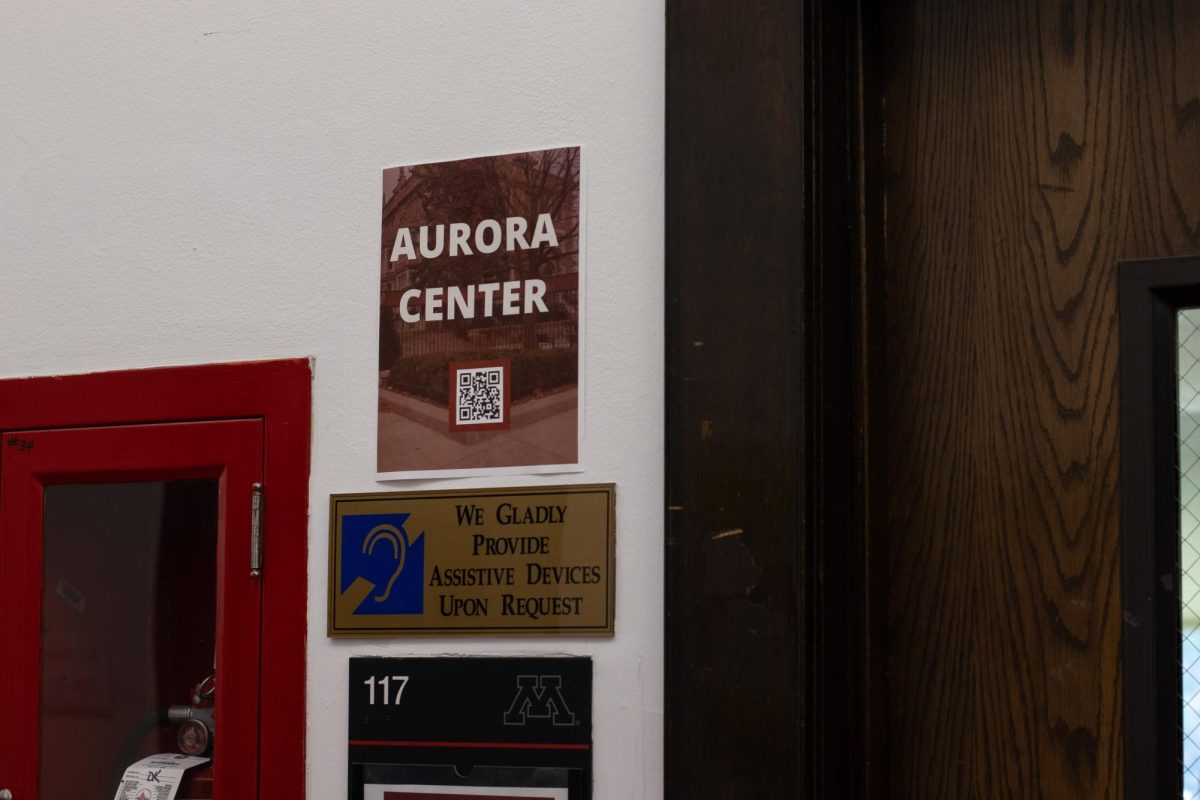We all know President-elect Donald Trump loves the spotlight, and between his outlandish claims and political success, he gets plenty from the media. But this attention has also helped fuel his fire and perpetuate political polarization.
How can journalists report on his second term without making it all about him?
In many respects, there is no right answer to this question. But as a journalism student myself, I believe it is important to consider nonetheless.
In 2024, 31% of Americans reported having a great deal or fair amount of trust in the media to report news fully, accurately and fairly, while 36% have no trust in the media, according to Gallup.
Putting more focus on the everyday people affected by Trump’s actions and listening to what they have to say are important steps in addressing this distrust. Increasing the emphasis on explanatory and solution-based journalism can also give people more hope to do something about the issues they read about.
In theory, this is explanatory journalism’s time to shine. Complicated political events need to be broken down and put in context for people to have a deeper understanding of them. The only problem is explanatory journalism is difficult to consume on social media, where many people get their news.
With political hostility seemingly here to stay and people’s continued shift to getting news from social media, journalism faces a mountain of challenges.
As I discovered in my introductory reporting class earlier this year, journalism is about 1,000 times more difficult than I could have imagined, and covering the unconventional political personality of Trump only exacerbates this difficulty.
Benjamin Toff, an associate professor at the Hubbard School of Journalism and Mass Communication at the University of Minnesota and director of the Minnesota Journalism Center, said Trump is a difficult subject for journalists to cover.
Much of what Trump says and does is outside the normal scope of a political leader of a constitutional democracy, Toff said. Because of this, journalists run the risk of seeming to take a political side by highlighting these behaviors or being accused of treating him as a normal political figure when he is far from one.
Toff said false information presents another challenge. Fact-checking Trump’s false statements is important but excessively reporting on false information can amplify his claims and give them more power than they had on their own.
“The public may be more likely to remember the inaccurate claims about Haitian immigrants eating pets in Ohio than all the journalism that went into disproving that,” Toff said. “There isn’t a good solution, but I think it’s part of the challenge that, I think, journalists have faced in trying to cover the campaign.”
Many people simply do not tune into the news enough to consume credible journalism that explains why certain political statements are false, according to Toff. Remaining impartial in political journalism also makes it difficult to avoid equally criticizing both sides when the sides do not merit equal criticism.
“I think that has been part of the challenge with coverage of the first Trump administration and his most recent campaign,” Toff said. “There’s a kind of performative scrutiny effort to show that you are being fair and balanced by being aggressively critical of things that are maybe not the same.”
Trump and many Republican officials say and do a lot of inflammatory things that are important to report on. However, overly focusing on elected officials also creates a disconnect between politics and regular people.
“There tends to be a lot of emphasis on things that public officials say…and not enough attention on what regular people think,” Toff said. “One of the things that that leads to is sometimes blindspots about what the public is thinking when it comes to what’s happening in our politics.”
People’s news consumption habits are also not as focused on in-depth investigative political journalism, according to Toff. This work cannot make the impact it needs to for many people because they simply are not consuming it.
“They feel that they can’t escape news about Donald Trump, but the level of depth that people are actually getting is really quite limited,” Toff said. “In many cases I think there was really good, strong, in-depth investigative journalism happening as there was during the first Trump administration.”
News avoiders often feel they have no power to change the issues they read about, according to Toff. Putting greater emphasis on solution-based journalism presents an opportunity to help people feel more empowered to address the issues that are important to them, especially at the local level.
George Bagrov, a graduate student at the Hubbard School, said explanatory journalism that places current events in a historical context is important for helping people understand why things happen and what they mean for society. Encouraging critical thinking and media literacy is essential for a more informed news audience.
“Providing some context, political terms,” Bagrov said. “A lot of people read stuff or they watch the news and they just don’t really understand what’s happening.”
There is a lot to focus on besides Trump, even within the Republican party, and reporting on the work both parties are doing is very important, according to Bagrov.
When it comes to U.S. elections, news coverage can feel less like a serious presentation of information and more like a creatively written drama, especially on TV.
“It just felt like a big reality TV show, everybody is just so excited to watch the debates, and then everybody is excited to see what happens, who’s gonna win,” Bagrov said. “There are plot twists…it’s so entertaining to watch.”
The sensational headlines covering some of Trump’s statements often attract an audience but make the coverage of the election feel like entertainment, according to Bagrov. It is important to not let this sensationalism overshadow the work elected officials are getting done.
Trump has long threatened journalists and likely will again in his second term. There is no time like the present to rely on and put increasing effort into credible explanatory and investigative reporting that holds Trump accountable. Further, it is important to be increasingly wary of false information.
This does not have to be Trump’s show.
People will feel the effects of his administration. Focusing on what regular people are thinking and experiencing can help put the narrative in the hands of the people, not the president.
Trump may be a former reality TV star, but the future of the U.S. does not need to be a reality TV show. It can at least be a four-star documentary.













